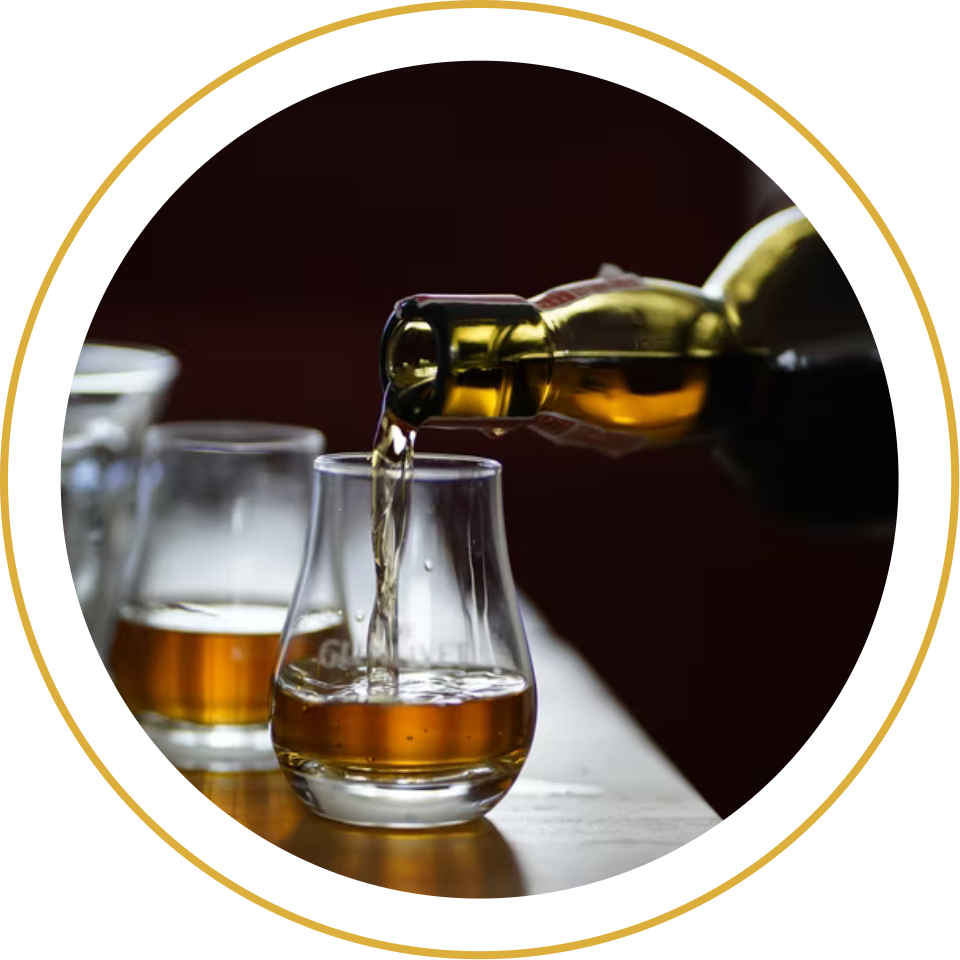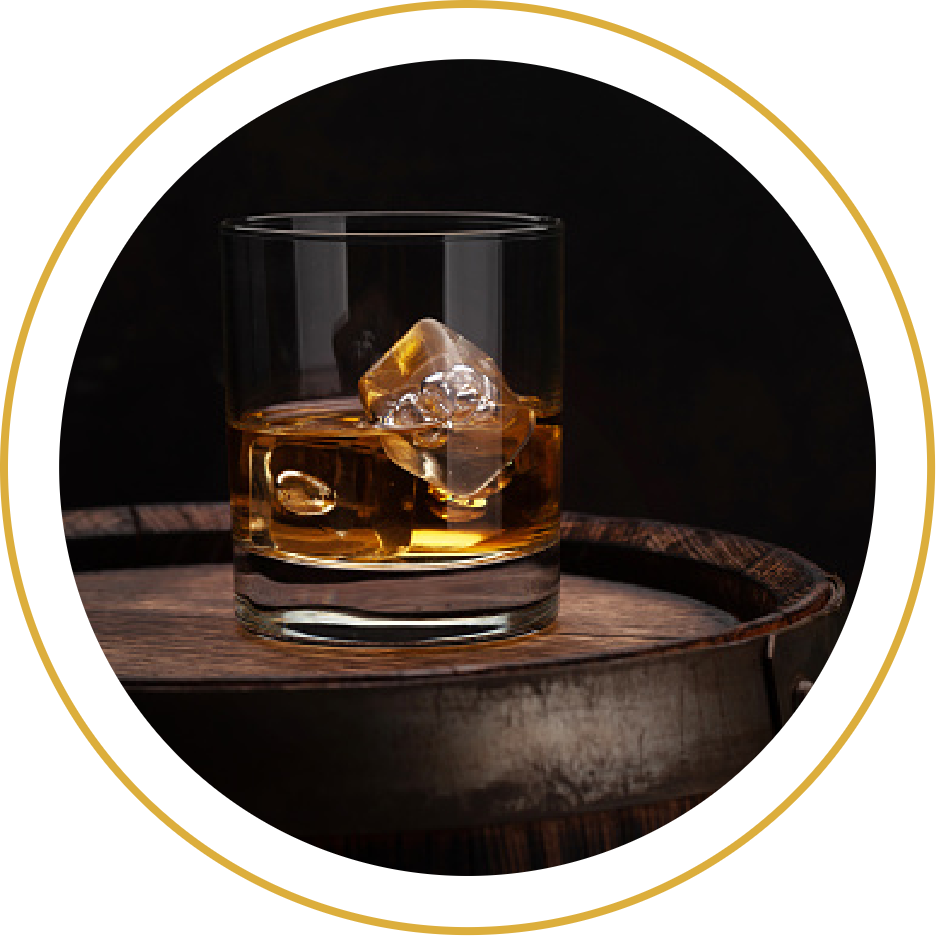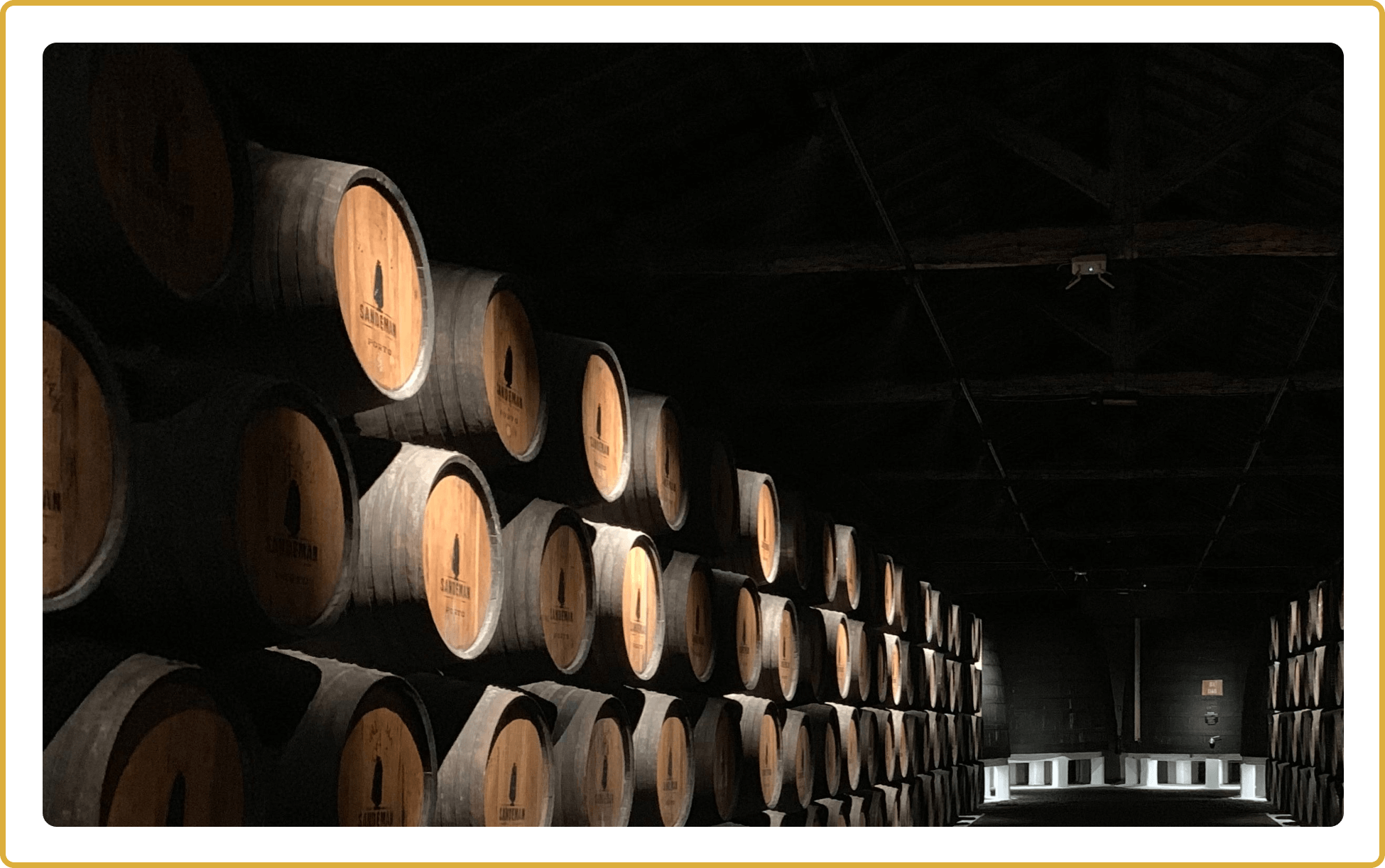Irish whiskey dates back to the 12th century and is one of the oldest distilled drinks in Europe – becoming one of the most popular spirits in the world by the turn of the 18th century.
Often confused with Scotch whisky, Irish whiskey boasts a triple distillation process which gives it a lighter and more palatable finish on the tongue – in fact, in 1755 writer Samuel Johnson stated that the whiskey is “particularly distinguished for its pleasant and mild flavour”.
Due to high demand, by 1835 there were 93 whiskey distilleries in Ireland with whiskey production hitting its peak at end of the 19th century at around 12 million cases being produced every year. From there, Irish whiskey saw a decline as a result of prohibition in the US and a trade war with Britain, leaving Irish distilleries unable to export their product and unwilling to embrace technology which might alter and cheapen the production process. During this time, gin and Scotch whisky became more popular, however, an Irish comeback was just around the corner.


Irish whiskey dates back to the 12th century and is one of the oldest distilled drinks in Europe – becoming one of the most popular spirits in the world by the turn of the 18th century.
Often confused with Scotch whiskey, Irish whiskey boasts a triple distillation process which gives it a lighter and more palatable finish on the tongue – in fact, in 1755 writer Samuel Johnson stated that the whiskey is “particularly distinguished for its pleasant and mild flavour”.
Due to high demand, by 1835 there were 93 whiskey distilleries in Ireland with whiskey production hitting its peak at end of the 19th century at around 12 million cases being produced every year. From there, Irish whiskey saw a decline as a result of prohibition in the US and a trade war with Britain, leaving Irish distilleries unable to export their product and unwilling to embrace technology which might alter and cheapen the production process. During this time, gin and scotch whiskey became more popular, however, an Irish comeback was just around the corner.

It wasn’t until Pernod Ricard took over the two remaining distilleries in Ireland in the late 1980’s that Irish whiskey had its resurgence – with a new distillery opening in time to cement the placement of Irish whiskey as a coveted, desirable spirit once again.
Are you ready to capitalise on the fastest-growing market in the history of spirits?
Irish law states that all new whiskeys must be aged for a minimum of three years in barrels, before it can be bottled and sold to market. Buying and investing in whiskey by the cask enables you to get your hands on this new-made whiskey before it hits the bottle – supporting distilleries by funding their storage and control facilities, while also giving you the chance to own a piece of distilled history.

Once you have selected and purchased your cask, it will be carefully transported from the distillery to our very own bonded warehouse in County Wexford, Ireland. This warehouse was specifically chosen by London Cask Company for its family-run connections and its professional setting, all of which contribute to the maturing of the finest gold standard whiskey.
During this maturing process, your whiskey cask is protected from damage under full insurance – the cost of which is covered by London Cask Co for the first five years of ownership as part of our contract with you.
Throughout your investment period, we will also monitor the market and keep you well informed of market movements, industry news, and offers to purchase your cask – so that you never lose out on a chance to capitalise on or learn more about your investment. And if you wish to monitor the maturing of your whiskey for yourself, sampling sessions are just one of the interventions we can arrange on your behalf.

Sierra Quebec Bravo
77 Marsh Wall
Canary Wharf
London
E14 9SH
Suite 10629
5 Fitzwilliam Square
Dublin
D02 R744
434 W 33rd St 7th Floor
New York
NY 1001
USA
London Cask Co LTD are registered with the Information Commissioner’s Officer (ICO) under the reference number ZB095139
London Cask Co, is a company registered in England & Wales under the Company number 13327177 and with registered premises in Sierra Quebec Bravo, 77 Marsh Wall, London E14 9SH. VAT registration number: 381979442
The investment in whiskey may not be suitable for all. Investors should seek independent investment, legal and tax advice concerning the potential consequences of investing in cask whiskey.
All investments present the risk of loss of capital to the investor. Past and current performance does not imply that future trends will follow the same or similar pattern. Projections stated may not be achieved, and the actual performance may differ materially. Any investment made by any person based on a statement or representation that is not contained herein or inconsistent with information contained herein shall be solely at the investor’s risk. This is an unregulated product and therefore investing in this asset, does not afford the same protection as regulated products, any investment is, therefore, speculative.